News
Himachal implements Senior Citizen Health Insurance Scheme, will provide Rs. 30,000 additional cover
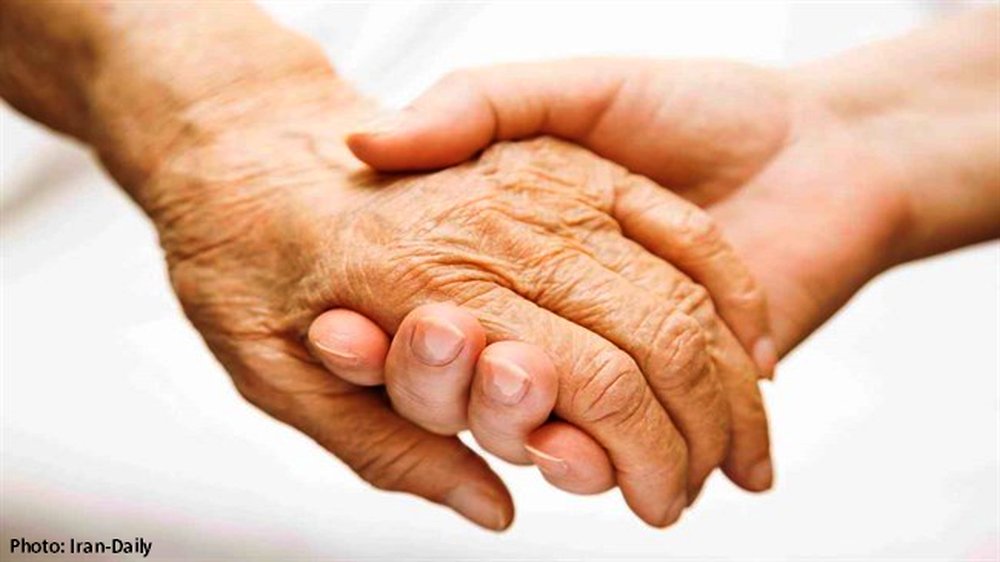
If there are two senior citizens in a family, then a cover of Rs.60, 000 would be available on a floater basis to both the senior citizens.
Shimla: The Himachal Pradesh Government has implemented the Senior Citizen Health Insurance Scheme (SCHIS) in the state with an aim to provide access to curative geriatric health care services by way of additional insurance cover.
The scheme will provide top-up coverage of Rs. 30,000 per senior citizen to all existing Rashtriya Swasthya Bima Yojna smart card holders in addition to basic coverage of Rs.30, 000 in Trust/Society mode, informed a government spokesperson.
Any beneficiary who is 60-years-old or above and is currently enrolled in RSBY or will be enrolled in RSBY is eligible for these additional benefits.
If in any RSBY rolled family, there is more than one senior citizen, then the additional cover will be multiples of Rs.30, 000 per senior citizen that will be provided on a floater basis among the senior citizens of the RSBY enrolled family.
Therefore, if there are two senior citizens in a family, then a cover of Rs.60, 000 would be available on a floater basis to both the senior citizens.
Exclusively senior citizen of the family enrolled in RSBY will be able to take additional benefit.
The coverage will be provided through State Nodal Agency HP Swasthya Bima Yojna Society till the start of National Health Protection Scheme and through Insurance Company after starting of National Health Protection Scheme.
The senior citizens of the families that are eligible for RSBY but not rolled in this scheme will not receive the benefit of SCHIS.
This package will be over and above the annual package of Rs.30, 000 per family provided under RSBY.
The spokesperson said various packages have been offered under SCHIS. Ministry of Health & Family Welfare has prepared a separate list of surgical packages that cost more than Rs.30, 000.
It was done through a technical committee that included representatives from the Ministry, State governments, and technical experts by covering cardiology, cardiothoracic surgery, cardiovascular surgery, neurosurgery, poly-trauma and repair, burns, surgical oncology and medical oncology.
These two additional covers will be compensated from existing top-up of RSBY critical care up to Rs.1.75 lakh (for cancer it is up to Rs. 2.25 lakh).
These two additional covers will be compensated from existing top-up of RSBY critical care up to Rs.1.75 lakh (for cancer it is up to Rs. 2.25 lakh).
Financing of the scheme will be done through insurance and trust models under Insurance Model. The estimated annual add-on premium for the implementation of SCHIS is up to Rs.500 per family. Under the Trust Model, Central and State government will share the insurance premium in the ratio of 90:10.
All such funds will be routed through a corpus-pooled bank account.
The unspent amounts will be refunded at the closing of the financial year.
There will be no separate enrolment process to provide benefits under SCHIS. The same smart card issued for RSBY will also be used for identification and verification to get benefit under SCHIS, said the spokesperson.
All the providers already empanelled under RSBY will be automatically empanelled for providing benefits under the SCHIS. The hospital will need to install necessary hardware and software conforming to the guidelines issued by the Central government for providing benefits under this scheme.
The trust/society will receive claims directly from the hospitals and will settle them based on the defined package rates. The central share would be paid in the same ratio as mentioned above with respect to total actual expenditure for claims payments. Expenses for IEC and other administrative expenses will be borne by the state government out of the RSBY administrative funds.
Expenses for IEC and other administrative expenses will be borne by the state government out of the RSBY administrative funds.
The state government will bear the expenses for IEC and other administrative works will be borne by the state government out of the RSBY administrative funds.
He said a beneficiary under SCHIS would be able to get cashless treatment in any of the RSBY empanelled hospitals as per the fixed norms and guidelines.
Photo: Iran-Daily
News
HP Govt Employees to Get Higher Pay Scale on Completion of Two Years of Service: CM Jairam
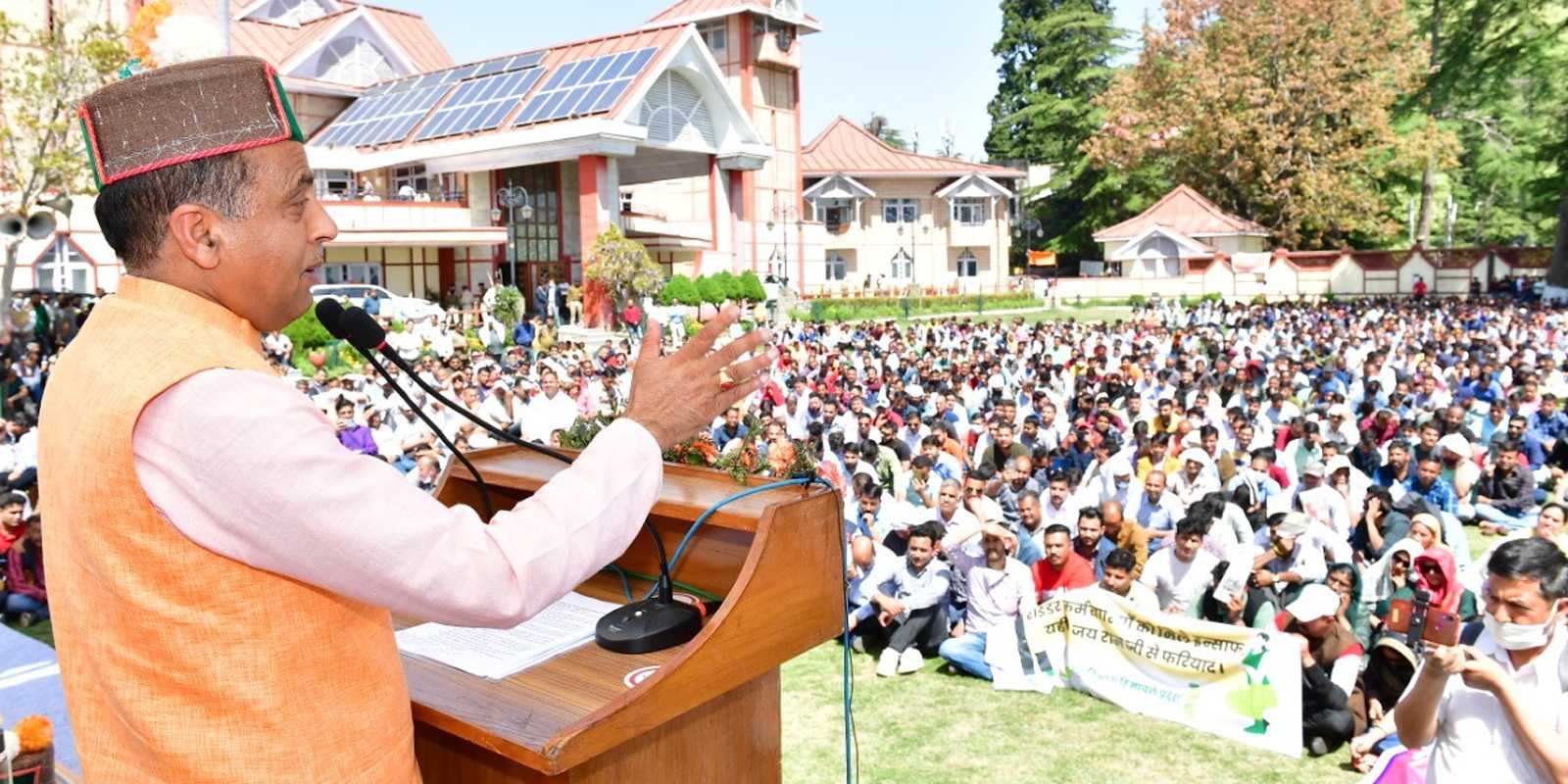
Shimla-Himachal Pradesh Government employees working in different departments before January 3, 2022, would be given a higher scale at par with other employees on completion of two years tenure of regular service. A higher pay scale was also announced for the Junior Office Assistants (IT) on completion of two years of regular service.
Chief Minister Jairam Thakur made these announcements during the Karamchari Maha Sammelan of the Himachal Pradesh Non-Gazetted Employees Federation at the hotel Peterhof on Sunday.
He appreciated the role played by the employee especially frontline workers in the battle against the pandemic.
He said most of the government employees in the state have been given revised pay scales and on average, every employee has got the benefit of a 12 to 15 percent salary hike. There has also been an increase in the pension of about 1.50 lakh pensioners of the state. The financial benefits of Rs. 7801 crore have been given to state government employees and pensioners from the year 2018 to 2022. The pensioners who retired before 2016 are getting the benefit of a 15 to 20 percent increase in the pension while around 40 thousand pensioners who retired after 2016 would be benefitted soon, he said.
He said the daily wages were Rs. 210 in the year 2017 which has been increased by the present state government to Rs. 350. Similarly, 12 per cent interim relief annually has been provided to government employees and pensioners during the present government’s tenure. He said the Himachal government has provided Dearness Allowance to its employees and pensioners on the lines of Punjab and Central governments from the due date. The Punjab government has given only 5 percent interim relief to the employees while the Himachal government has provided 21 percent interim relief to its employees.
“Out of the total interim relief amount given to the employees and pensioners amounting to about Rs. 6500 crore, Rs. 3500 crore has been paid during the tenure of our government” added the Chief Minister.
He said that the state government has increased the government contribution for NPS employees from 10 percent to 14 percent benefitting more than one lakh employees. The NPS employees are being given the benefits of retirement and death gratuity at par with employees falling under the old pension scheme. The government has also increased the upper limit of death gratuity from Rs. 10 lakh to Rs. 20 lakh.
The Chief Minister said the state government has also increased the honorarium of para-workers working in various departments. The salary of outsource workers has been hiked by Rs 1,500 per month.
Non-Gazetted Employees Federation President Ashwani Thakur thanked the Chief Minister for providing various financial and other benefits to different categories of government employees.
Nation
Most Covid Restrictions to be Lifted From March 31, Mask and Hand Hygiene to Continue
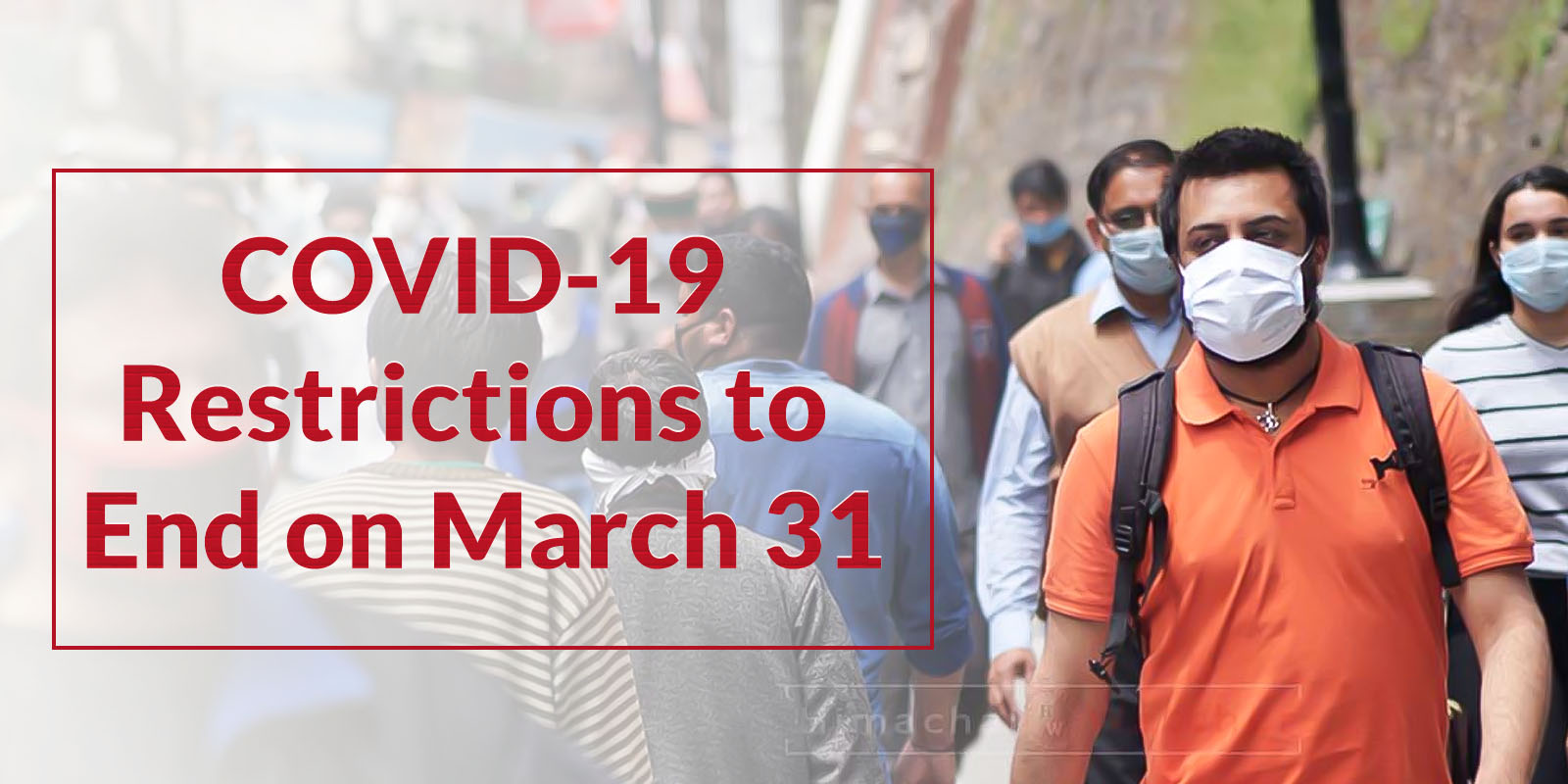
New Delhi-The Centre has issued a notification to the States informing that the provisions of the Disaster Management (DM) Act, 2005 will not be invoked in the country after March 31. The Union Health Ministry said that the use of face masks and following hand hygiene will continue.
It implies that most of the Covid-related rules and restrictions would end.
Union Home Secretary Ajay Bhalla issued the notification which said that the decision was taken following the overall improvement in the situation and the preparedness of the government in dealing with the COVID-19 pandemic.
However, local authorities and State police can still invoke fines and criminal cases against persons violating COVID-19 norms under the Indian Penal Code (IPC), a senior government official said.
The DM Act was invoked on March 24, 2020, due to the pandemic
“Over the last seven weeks or so there has been a steep decline in the number of cases. The total caseload in the country stands at 23,913 only and the daily positivity rate has declined to 0.28%. It is also worth mentioning that with the combined efforts, a total of 181.56 Cr vaccine doses have been administered,” the notification said.
“I would like to mention that in view of the nature of the disease, we still need to remain watchful of the situation. Wherever any surge in the number of cases is observed, the States/UTs may consider taking prompt and proactive action at a local level, as advised by MoHFW (Health Ministry) from time to time,” the notification said.
The Indian government had issued various guidelines and measures for the first time on March 24, 2020, under the Disaster Management Act to curb the COVID-19 situation in the country, which have been modified several times thereafter.
India currently has 23,087 active COVID-19 cases and recorded 1,778 new cases and 62 deaths in the last 24 hours. The daily positivity rate has also declined to 0.28%.
News
HP Cabinet Decisions: Country Liquor Made Cheaper in New Excise Policy, Read All Decisions
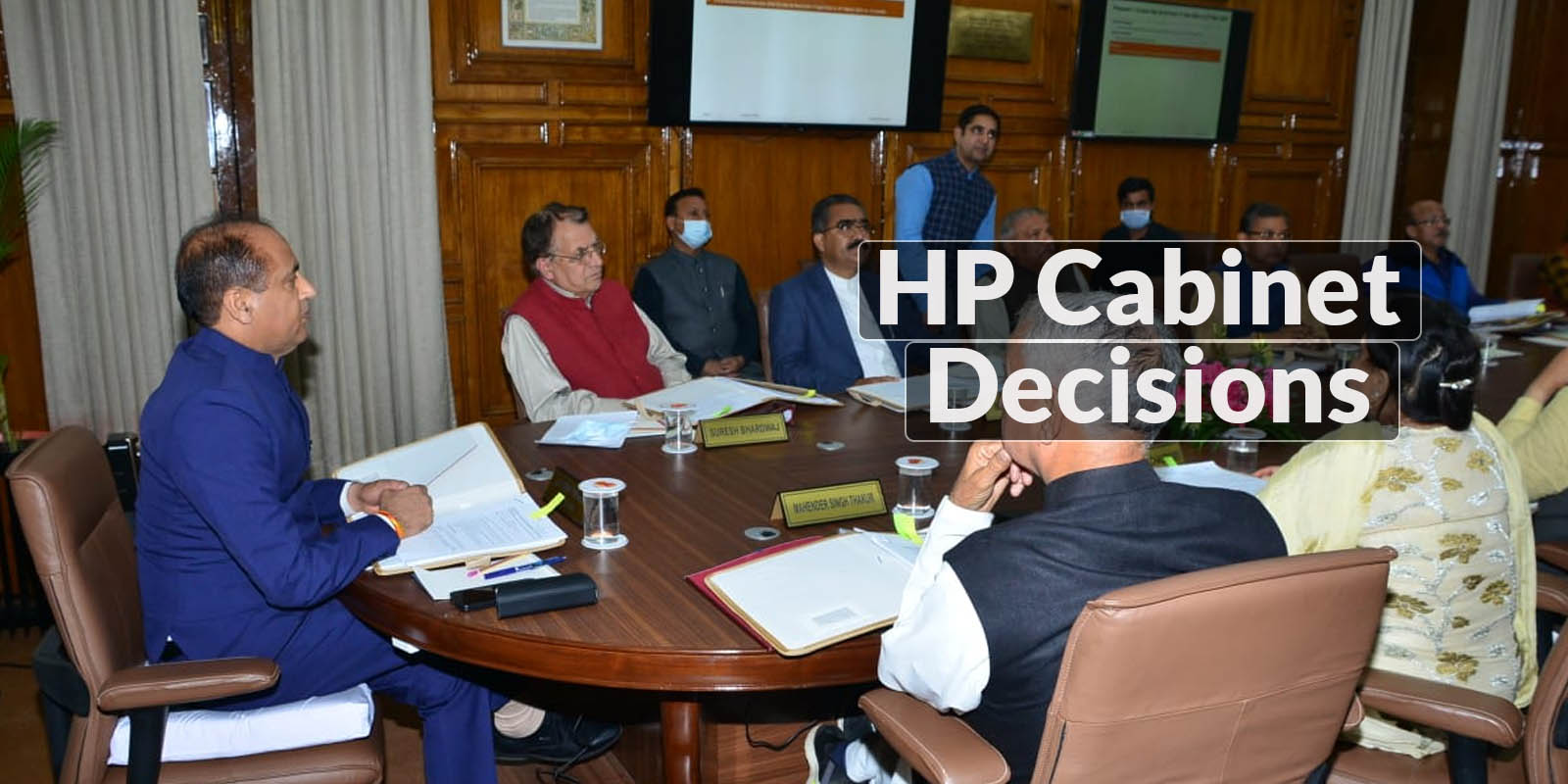
Shimla-A meeting of the Himachal Pradesh Cabinet was held on March 20, 2022, under the chairmanship of Chief Minister Jai Ram Thakur.
The excise policy for the financial year 2022-23 was approved. Approval was also given for the renewal of retail excise vends in the state for the financial year 2022-23 at the renewal fees of 4% of the value of unit/vend.
The State Government said that wants to enhance the government revenue and curb the smuggling of country liquor from the neighbouring states by a reduction in its price.
The brands of Country Liquor will be cheaper as license fees have been reduced. This will help in providing good quality liquor at a cheaper rate to the consumers.
In the new excise policy, the 15% fixed quota of country liquor for manufacturers and bottlers to be supplied to the retail licensees has been abolished. According to the government, this step will give the retail licensees to lift their quota from the suppliers of their choice and further assure the supply of good quality country liquor at competitive prices. The MRP of country liquor will be cheaper by 16% of the existing price.
In this year’s policy, the Gaudhan Vikas Nidhi Fund has been enhanced by Re.1/- from the existing Rs.1.50 to Rs.2.50.
The fixed annual license fee of Bars has been rationalized by abolishing the area-specific slabs of license fee. Now throughout the State, there will be uniform license slabs based upon the room capacity in hotels.
Rates of the annual fixed license fee of Bars in the tribal areas has been reduced considerably.
Further, all the above stakeholders will have to install CCTV cameras at their establishments as it was made mandatory for them.
Wholesale vends and retail vends, the penalty provisions under the H.P. Excise Act, 2011 have been made more stringent.
An end to end online Excise Administration System would be established in Himachal Pradesh, the government said.
HP Government estimates a collection of Rs 2131 crore revenue during the year, which will be Rs. 264 crores higher than the financial year 2021-22 – growth of 14% in state excise revenues.
The Cabinet also gave its nod to amend Himachal Pradesh Disaster Relief Manual-2012 to include deaths due to biting of honey bees, hornet and wasps, accidental drowning and deaths due to accidents of vehicles (including land, water and air) under this Manual.
The Cabinet gave its approval for filling up 11 posts of ‘A’ Class Tehsildar in Revenue Department through direct recruitment on regular basis through Himachal Pradesh Public Service Commission.
HP State Toll Policy 2022-23
The HP Cabinet also gave its nod to HP State Toll Policy for the year 2022-23 which envisages auction cum tender for all the toll barriers in the State. During the year 2021-22, toll revenue has registered a growth of 20 percent of the previous year’s revenue.


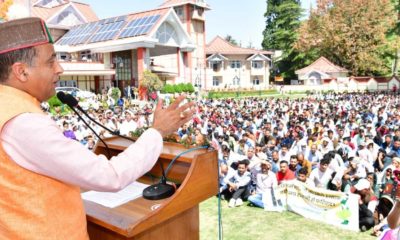

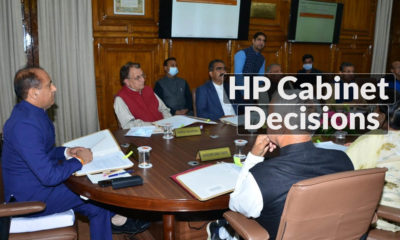

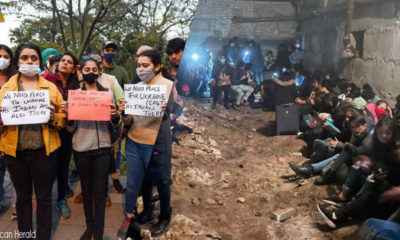





 Home Decor Ideas 2020
Home Decor Ideas 2020
